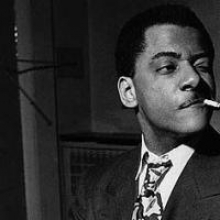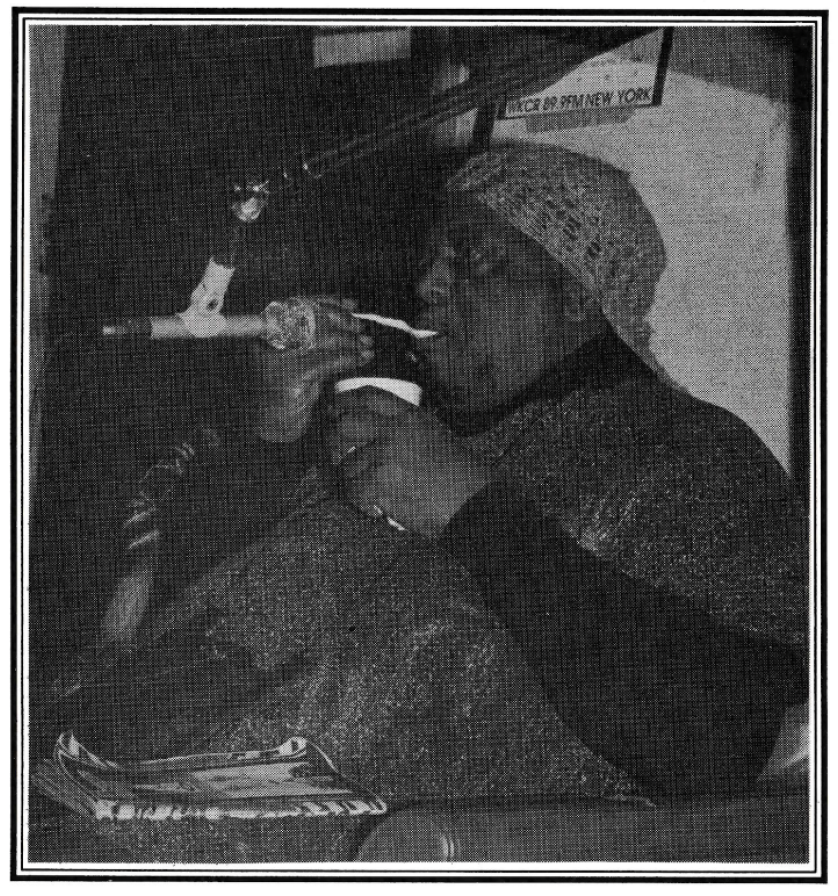
Tune in to WKCR for our four-day, 96-hour Teddy Wilson Centennial Birthday Broadcast, kicking off this Thursday on Thanksgiving, November 22nd, until Sunday, November 25th. Frequently noted as the most significant pianist of the swing era, Wilson is perhaps best known in the jazz canon for becoming one of the first black musicians to publicly and prominently appear with white musicians -- in this case, with the Benny Goodman Trio (with drummer Gene Krupa) in 1935.
Drawing from influences Earl “Fatha” Hines and Fats Waller, Wilson began his career in Detroit with bandleaders Bob Cruset, Speed Webb, and Milt Senior (of McKinney’s Cotton Pickers, whose performances Wilson attended in Detroit deeply influenced his decision to pursue a career as a jazz pianist), later making his way to Chicago to play in the big bands of Louis Armstrong, Erskine Tate, and Jimmie Noone.
Wilson’s career truly kicked off after music producer and talent scout John Hammond serendipitously heard Wilson late at night on the radio in New York (as, at the time, Chicago radio stations ran their programming well after the New York programs concluded) and recommended him to bandleader Benny Carter, who drove out to Chicago to hear Wilson and asked him to join his band, which prompted Wilson to move to New York in 1933.
Hammond also introduced Wilson to a second musician that would influence his career -- vocalist Billie Holiday, with whom he recorded a series for Brunswick under his own name (Teddy Wilson and his Orchestra) between 1935 and 1939, which included mass of jazz heavyweights including Johnny Hodges, Ben Webster, Lester Young, Roy Eldridge, Charlie Shavers, Benny Goodman, Gene Krupa, and Pee Wee Russell, among others.
The latter half of Wilson’s career found him as an instructor at the Juilliard School of Music (where he taught Dick Hyman, among others) in the 1950s, several reunion tours with Benny Goodman (including a trip to the USSR in 1962), and recording abroad in Stockholm, the Netherlands, Switzerland, France, and Japan.
Join us for this week’s 96-hour broadcast as we cover all areas of Wilson’s recorded career, focusing in on his work as a leader and soloist on his 100th birthday, November 24th.
